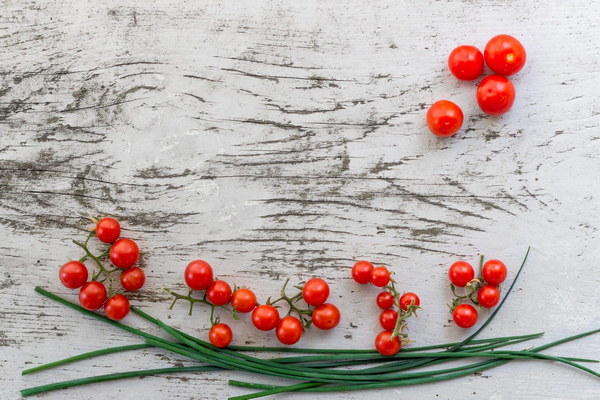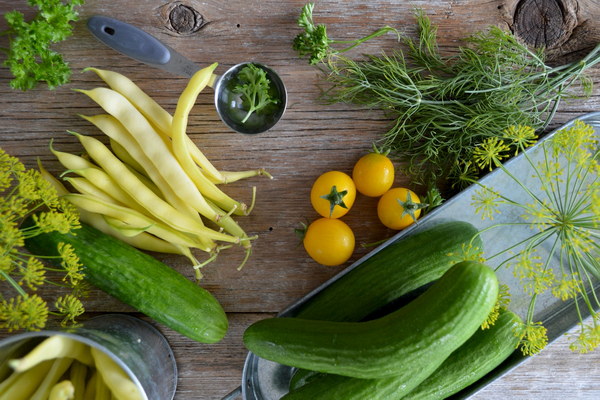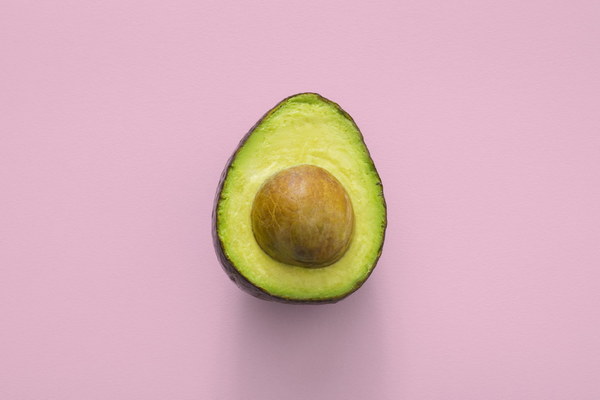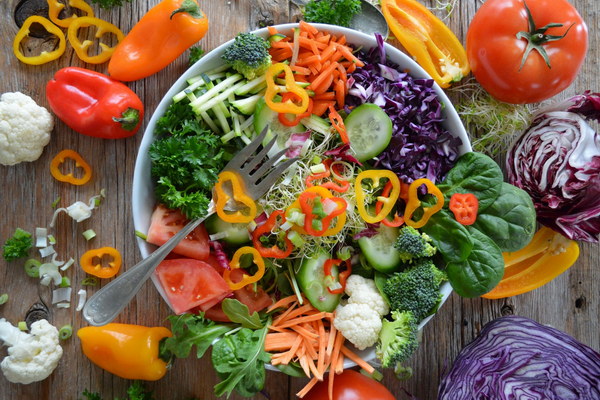The Best Diet for Stomach Health How to Nourish Your Gut
Introduction:
The gut is often referred to as the second brain due to its significant role in our overall health and well-being. A healthy gut is essential for digestion, absorption of nutrients, and maintaining a strong immune system. However, many factors can affect gut health, including diet, stress, and lifestyle choices. In this article, we will explore the best diet for stomach health, focusing on the types of food and eating habits that can nourish your gut.
1. Fiber-Rich Foods:
A high-fiber diet is crucial for a healthy gut. Fiber helps to keep the digestive system moving, preventing constipation and promoting regular bowel movements. Some excellent sources of fiber include:
- Leafy greens: Spinach, kale, and Swiss chard are high in fiber and beneficial for gut health.
- Berries: Strawberries, blueberries, and raspberries are rich in antioxidants and fiber.
- Legumes: Beans, lentils, and chickpeas are high in fiber and protein.
- Whole grains: Oats, brown rice, and quinoa are good sources of fiber and essential nutrients.
2. Fermented Foods:
Fermented foods are rich in probiotics, which are beneficial bacteria that help to maintain a healthy gut flora. Some popular fermented foods include:
- Yogurt: Choose plain, unsweetened yogurt with live cultures for the best gut benefits.
- Kefir: A fermented milk drink that is high in probiotics and contains beneficial enzymes.
- Sauerkraut: This fermented cabbage dish is packed with probiotics and vitamins.
- Kimchi: A spicy, fermented Korean dish made from cabbage and radishes.
3. Prebiotic-Rich Foods:
Prebiotics are non-digestible carbohydrates that act as food for probiotics, promoting their growth and activity. Some prebiotic-rich foods include:
- Garlic: Garlic is high in prebiotics and has been shown to improve gut health.
- Onions: Onions contain prebiotic compounds that can help to maintain a healthy gut.
- Asparagus: This vegetable is a great source of prebiotics and can promote gut health.
- Artichokes: Artichokes are high in prebiotics and can help to support gut health.
4. Hydration:
Proper hydration is essential for a healthy gut. Drinking plenty of water helps to keep the digestive system moving and can prevent constipation. Aim to drink at least 8 glasses of water per day, and consider adding a squeeze of lemon or cucumber for flavor.
5. Portion Control:

Eating smaller, more frequent meals can help to prevent overeating and reduce the strain on your digestive system. This can lead to improved gut health and better overall digestion.
6. Avoiding Harmful Foods:
Certain foods can irritate the gut and lead to discomfort or digestive issues. It's best to avoid or limit the following:
- Highly processed foods: These foods are often high in sugar, fat, and sodium, which can irritate the gut.
- Refined grains: Foods made from refined grains, such as white bread and pasta, can contribute to inflammation and gut issues.
- Artificial sweeteners: These ingredients can disrupt the gut flora and lead to digestive problems.
Conclusion:
By incorporating fiber-rich, fermented, and prebiotic-rich foods into your diet, staying hydrated, practicing portion control, and avoiding harmful foods, you can nourish your gut and improve your overall health. Remember that everyone's gut is unique, so it's essential to listen to your body and adjust your diet accordingly.









